|
Mas Mansoer
Mas Mansoer (EYD: Mas Mansur; 25 June 1896 – 25 April 1946) was an Indonesian religious leader who served as the 4th chairman of Muhammadiyah from 1937 to 1942. He was declared a national hero by President Sukarno in 1964. Biography Mas Mansoer was born on 25 June 1896 in Kampung Sawahan, north of Surabaya. His father was Kyai Hajji Mas Ahmad Marzuki, a descendant of the Sumenep royal family and a friend of Kyai Hajji Ahmad Dahlan. His mother was a woman from Surabaya who was of mixed Buginese and Minang descent. At the age of 12, Mansoer went to Mecca to study Islam. He then enrolled at Al-Azhar University in Egypt. During his studies, he read several Western literary works about freedom, humanism, and democracy. He also observed how Egyptian people fought against British colonists to obtain their independence, which influenced his later views. After graduating from Al-Azhar, Mansoer returned to Surabaya and became an ustaz at the Mufidah pesantren. During this perio ... [...More Info...] [...Related Items...] OR: [Wikipedia] [Google] [Baidu] |
Kyai
A kyai ( ) is an expert in Islam, usually used among the ethnic Javanese people. Origins The word is of Javanese origin. Sometimes it is spelled kiai. Traditionally, students of Islam in Indonesia would study in a boarding school known as a pesantren. The leader of the school was called kyai, as a form of respect. The traditional word for a teacher in Islam is ustad, which is a Persian word. There are many ustads in Indonesia who teach the religion, but most of them do not have a boarding school. Education Kiai were educated in various pesantren: A student in a pesantren is called a santri. After the founding kyai of a pesantren dies, his son or another santri may take over the supervision of the school, and would then be called kyai. It is possible for a large boarding school to have several kyai living and teaching there. However, most pesantren have a few hundred students, with only one person who is called kyai. The other teachers in the school are called ustadz. Many In ... [...More Info...] [...Related Items...] OR: [Wikipedia] [Google] [Baidu] |
Pesantren
''Pesantren'', or ''pondok pesantren'', are Islamic boarding schools in Indonesia. They consist of pondok, mosque, santri, teaching of classical Islamic texts and Kyai.Zamakhsyari Dhofie''The Pesantren Tradition: A Study of the Role of the Kyai in the Maintenance of the Traditional Ideology of Islam in Java''Tempe, AZ: Arizona State University Program for Southeast Asian Studies Monograph Series. According to one popular tradition, the ''pesantren'' education system originated from traditional Javanese ''pondokan''; dormitories; ashram for Hindu or viharas for Buddhists to learn religious philosophies, martial arts and meditation. Institutions much like them are found across the Islamic world and are called ''pondok'' in Malaysia and Southern Thailand and '' madrasa Islamia'' (Islamic madrasa) in India and Pakistan and much of the Arabic-speaking world. The ''pesantren'' aim is to deepen knowledge of the Qurʾān, particularly through the study of Arabic, traditions of exegesi ... [...More Info...] [...Related Items...] OR: [Wikipedia] [Google] [Baidu] |
Soewardi Soerjaningrat
Raden Mas Soewardi Soerjaningrat (EYD: Suwardi Suryaningrat); from 1922 also known as Ki Hadjar Dewantara (EYD: Ki Hajar Dewantara), which is also written as Ki Hajar Dewantoro to reflect its Javanese sounds (2 May 1889 in Pakualaman – 26 April 1959 in Yogyakarta), was a leading Indonesian independence movement activist, writer, columnist, politician, and pioneer of education for native Indonesians in Dutch colonial times. He founded the Taman Siswa school, an institution that provided education for indigenous commoners, which otherwise was limited to the Javanese aristocracy and the Dutch colonials. He was honored as a National Hero of Indonesia by Indonesia's first president, Sukarno, on November 28, 1959. Early life Soewardi was born into Javanese aristocracy, his family belonged to the royal house of Pakualaman. He was one of Prince Paku Alam III's grandsons through his father, GPH Soerjaningrat. Thanks to his family's '' priyayi'' (Javanese nobility) backgroun ... [...More Info...] [...Related Items...] OR: [Wikipedia] [Google] [Baidu] |
Mohammad Hatta
Mohammad Hatta (; 12 August 1902 – 14 March 1980) was an Indonesian statesman and nationalist who served as the country's first vice president. Known as "The Proclamator", he and a number of Indonesians, including the first president of Indonesia, Soekarno, fought for the independence of Indonesia from the Dutch. Hatta was born in Fort de Kock, Dutch East Indies (now Bukittinggi, Indonesia). After his early education, he studied in Dutch schools in the Dutch East Indies and studied in the Netherlands from 1921 until 1932. Early life, family, and early education Early life and family Hatta was born in Fort De Kock (now known as Bukittinggi) on 12 August 1902 into a prominent and strongly Islamic family. His grandfather, Sheikh Abdurrahman, was a respected Naqshbandi- Khalidi murshid in Batuhampar, near Payakumbuh. His father, Haji Mohammad Djamil, died when he was eight months old and he was left with his six sisters and his mother. As in the matrilineal society of ... [...More Info...] [...Related Items...] OR: [Wikipedia] [Google] [Baidu] |
Hōkōkai
The ''Hōkōkai'' ( ja, 奉公会, Hōkōkai, Service Society, id, Himpunan Kebaktian Rakjat) were associations formed by the Empire of Japan on 8 January 1944 to replace the '' Pusat Tenaga Rakyat'' (''Putera''; "People's Power Center") during the Japanese occupation of the Dutch East Indies (present-day Indonesia) in World War II. The original incarnation of the ''Hōkōkai'' was formed on Java by the commander of the Sixteenth Army, General Kumakichi Harada, after the Japanese realized that the ''Putera'' had exacerbated the desire for Indonesian independence rather than promote Japan's local interests in its war against the Allies. Unlike ''Putera'', the ''Hōkōkai'' avoided inclusion of Japanese officials in its membership. Instead, members were community leaders from across social classes, both native Indonesians and other ethnic groups such as the Chinese, Indians, and Arabs. On Java The ''Jawa Hōkōkai'' (ジャワ奉公会, "Javanese Service Society") was an offici ... [...More Info...] [...Related Items...] OR: [Wikipedia] [Google] [Baidu] |
Masyumi Party
The Council of Indonesian Muslim Associations ( id, Partai Majelis Syuro Muslimin Indonesia), better known as the Masyumi Party, was a major Islamic political party in Indonesia during the Liberal Democracy Era in Indonesia. It was banned in 1960 by President Sukarno for supporting the PRRI rebellion. Background In 1909, a trade organization called the Islamic Trading Association ( id, Sarekat Dagang Islam) was established in Java, then part of the Dutch East Indies to protect the interests of batik traders in the face of competition from ethnic Chinese merchants. In 1912, this became the Sarekat Islam (Islamic Union), and was headed by western-educated Oemar Said Tjokroaminoto. Although it began as a non-political organization, it began to speak out against injustice and poverty. By 1918, it had 450,000 members. Communist influence within it grew, but so did that of the reformist Islamic Muhammadiyah organization, which was anti-communist. In 1920, Muhammadiyah merged into ... [...More Info...] [...Related Items...] OR: [Wikipedia] [Google] [Baidu] |
Wahid Hasyim
Abdul Wahid Hasyim (June 1, 1914 – April 19, 1953) was the first Minister of Religious Affairs in the government of President Sukarno of Indonesia, a post he held in 1945, and from 1949 to 1952. He was the son of Nahdlatul Ulama founder Hasyim Asy'ari and went on to lead the organization. In the future his son, Abdurrahman Wahid, also held the same office in NU, and later was elected as President of Indonesia in 1999. One of the main roads in central Jakarta, Jalan Wahid Hasyim, is named after him. Early life Hasyim was born in 1914 as a child of Hasyim Asy'ari and one of his wives, Nafiqoh. Both Asy’ari and Nafiqoh hailed from ulema families in East Java. Hasyim is Asy'ari's first-born male and his fifth child. He spent most of his childhood in Jombang, which included attending a pesantren that his father founded, Pesantren Tebuireng. By 1926, he had finished his schooling in Tebuireng and spent two years continuing his education in various East Java pesantren as was ... [...More Info...] [...Related Items...] OR: [Wikipedia] [Google] [Baidu] |
Japanese Occupation Of Indonesia
The Empire of Japan occupied the Dutch East Indies (now Indonesia) during World War II from March 1942 until after the end of the war in September 1945. It was one of the most crucial and important periods in modern Indonesian history. In May 1940, Germany occupied the Netherlands, and martial law was declared in the Dutch East Indies. Following the failure of negotiations between the Dutch authorities and the Japanese, Japanese assets in the archipelago were frozen. The Dutch declared war on Japan following the 7 December 1941 Attack on Pearl Harbor. The Japanese invasion of the Dutch East Indies began on 10 January 1942, and the Imperial Japanese Army overran the entire colony in less than three months. The Dutch surrendered on 8 March. Initially, most Indonesians welcomed the Japanese as liberators from their Dutch colonial masters. The sentiment changed, however, as between 4 and 10 million Indonesians were recruited as forced labourers ('' romusha'') on economic ... [...More Info...] [...Related Items...] OR: [Wikipedia] [Google] [Baidu] |
Soekiman Wirjosandjojo
Soekiman Wirjosandjojo ( EYD: Sukiman Wiryosanjoyo; 19June 1898 – 23July 1974) was an Indonesian politician and physician who served as prime minister of Indonesia from 1951 until 1952. A member of the Masyumi Party, he also served as the party's first chairman. Born into a merchant family in Surakarta, Soekiman was educated as a physician at Batavia's STOVIA medical school and at Amsterdam University. Having served as chairman of the ''Perhimpoenan Indonesia'' association while in the Netherlands, he returned to Java and began participating in politics while working as a doctor. He was active within the Islamic political organization Sarekat Islam, although he was expelled in 1933 due to a dispute and founded his own Islamic political party. During the Japanese occupation of the Dutch East Indies, he was active within the Pusat Tenaga Rakyat propaganda organization, and in 1945 was appointed a member of the Investigating Committee for Preparatory Work for Independence. Wh ... [...More Info...] [...Related Items...] OR: [Wikipedia] [Google] [Baidu] |
Indonesian Islamic Party
The Indonesian Islamic Party ( id, Partai Islam Indonesia, PII) was an Islamic political party in the Dutch East Indies (now Indonesia). Formed by dissenting members of the Indonesian Islamic Union Party (PSII) in 1938, the party was dissolved by the occupying Japanese in March 1942. History Background and establishment In 1933, Soekiman Wirjosandjojo and Soerjopranoto, two senior members of the Indonesian Islamic Union Party (PSII), were expelled from the party, ostensibly for misusing party funds, but possibly because of their opposition to the rise of a faction within the PSSI that opposed any cooperation with the Dutch colonial administration. Together with other disaffected PSSI members, Soekiman formed the Indonesian Islamic Political Party (''Partij Politiek Islam Indonesia'', Parii). In 1935, Parii held a conference in Yogyakarta, at which it was apparent that the party did not yet have enough branches. Two years later, at its congress in Bandung, the PSII pass ... [...More Info...] [...Related Items...] OR: [Wikipedia] [Google] [Baidu] |
Mohammad Husni Thamrin
Mohammad Husni Thamrin (16 February 1894 – 11 January 1941) was a pre-independence Indonesian political thinker and nationalist who after his death was named a National Hero. Early life and beginning of political career Thamrin was born in Weltevreden, Batavia (modern day Jakarta), Dutch East Indies, on 16 February 1894. His father, Thamrin Mohd. Tabri, was the son by his Indonesian mistress of an English businessman who owned the Hotel Ort in Batavia. Tabri was subsequently adopted and raised by his Javanese uncle. Thamrin was therefore born into a neo- priyayi class and in 1906, his father became district head () under Governor General Johan Cornelis van der Wijck. After graduating from Koning Willem III Gymnasium, Thamrin took several government jobs before working for ten years for the shipping company Koninklijke Paketvaart-Maatschappij. In 1919, Thamrin was elected a member of the Jakarta City Council, and in 1929, became second deputy mayor. In 1927 he was ap ... [...More Info...] [...Related Items...] OR: [Wikipedia] [Google] [Baidu] |
Indonesian Political Federation
The Indonesian Political Federation ( id, Gabungan Politik Indonesia) (GAPI) was an umbrella group created in 1939 in the Dutch East Indies to unite nationalists organizations to campaign for an elected parliament for Indonesian in exchange for cooperation with the Dutch colonial authorities. It consisted of eight nationalist political parties. Background In 1927, the Association of Political Organisations of the Indonesian People (PPPKI) was formed to unite nationalist Indonesian organisations, but it faced oppression from the colonial authorities, and disbanded in 1934. As a result of Dutch actions against non-cooperative nationalist organisations such as the Indonesian National Party (PNI), from 1935 cooperating parties that were prepared to work with the colonial authorities by participating in the Volksraad semi-legislative body assumed a dominant role in the nationalist movement. However, these cooperating nationalists still gave very little support when the Soetardjo Peti ... [...More Info...] [...Related Items...] OR: [Wikipedia] [Google] [Baidu] |
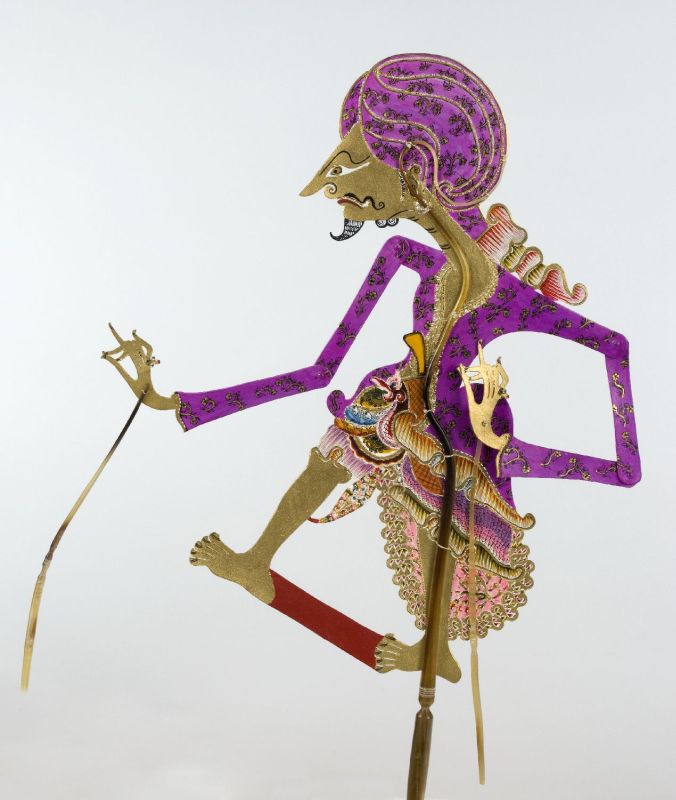
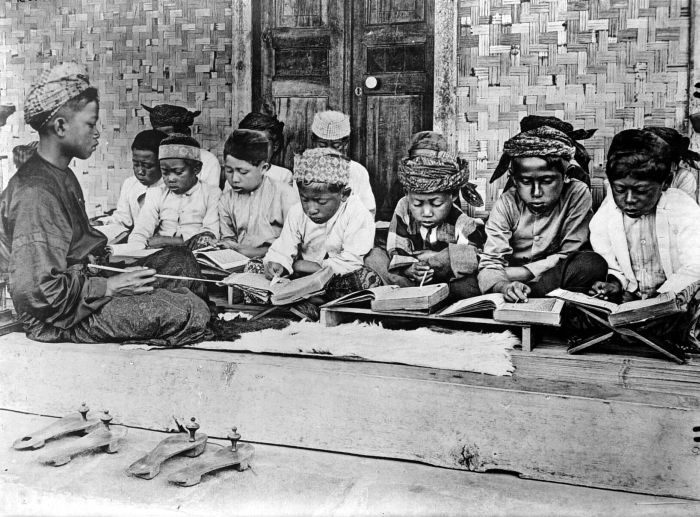
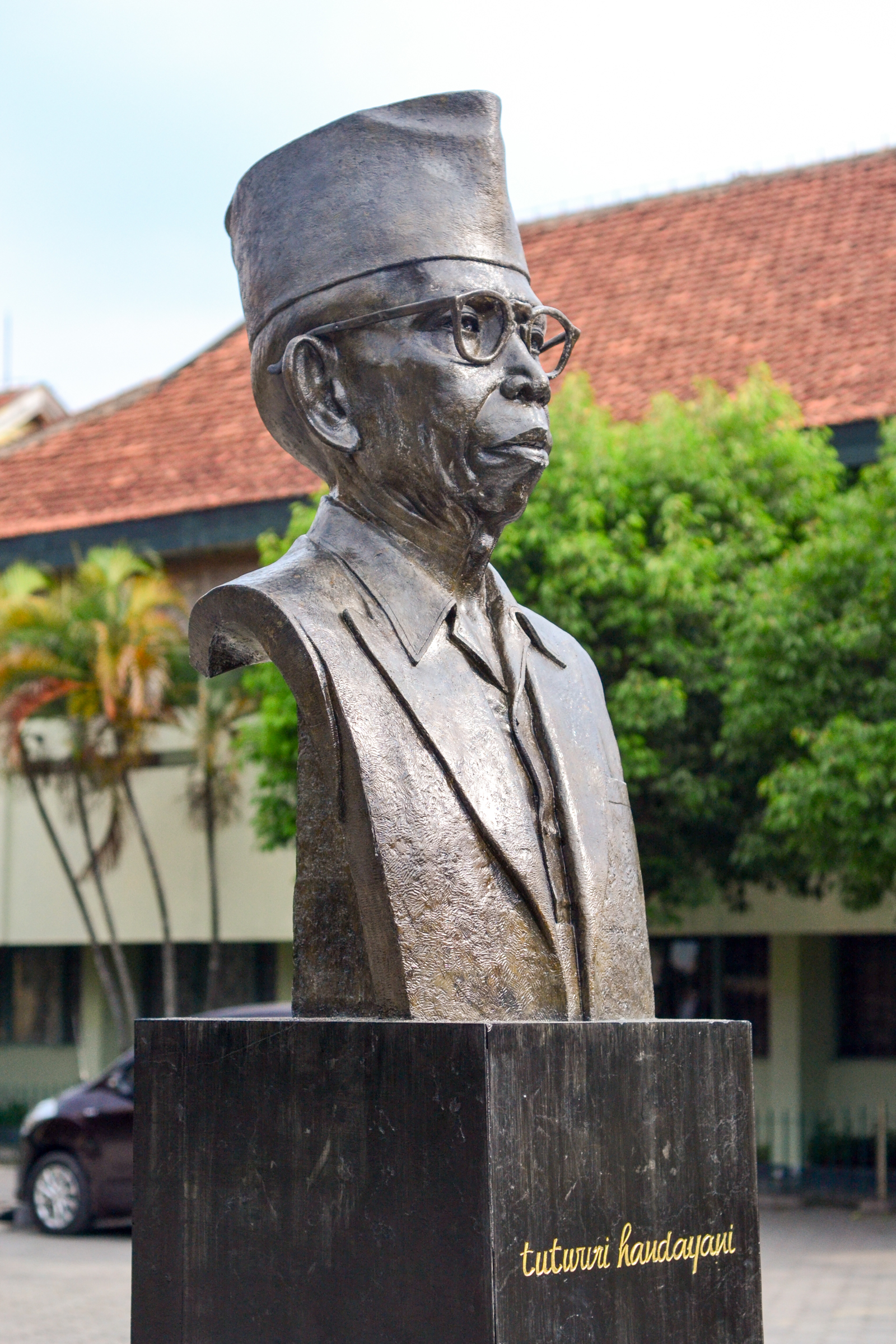
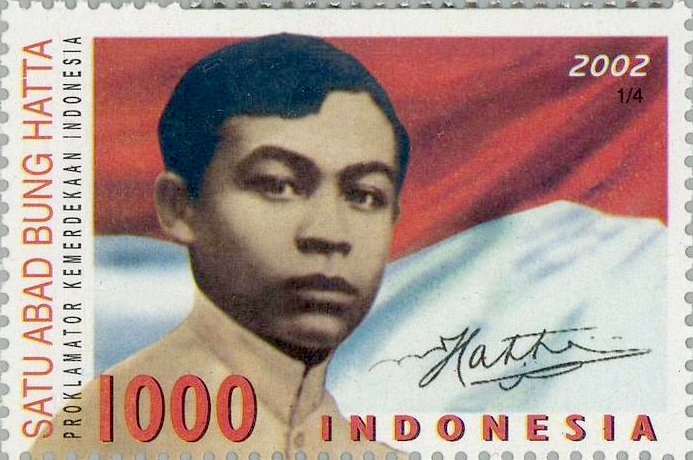
%2C_p9.jpg)

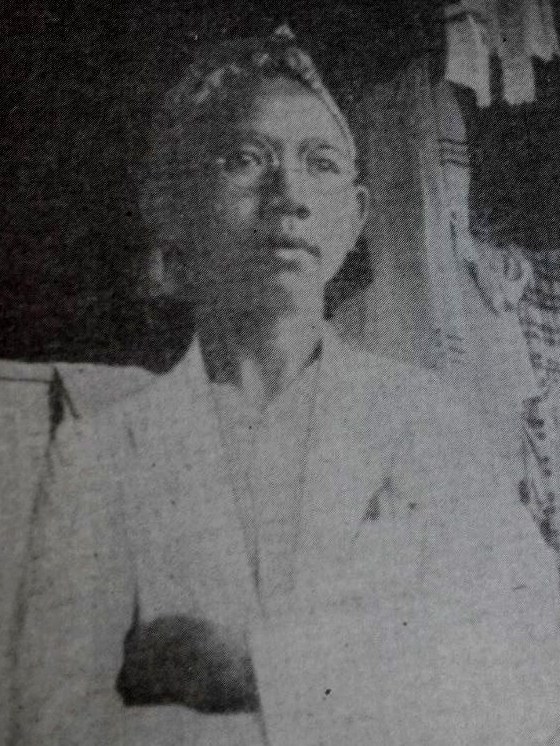
_di_Republik_Indonesia%2C_p192.png)
%2C_p82.jpg)
